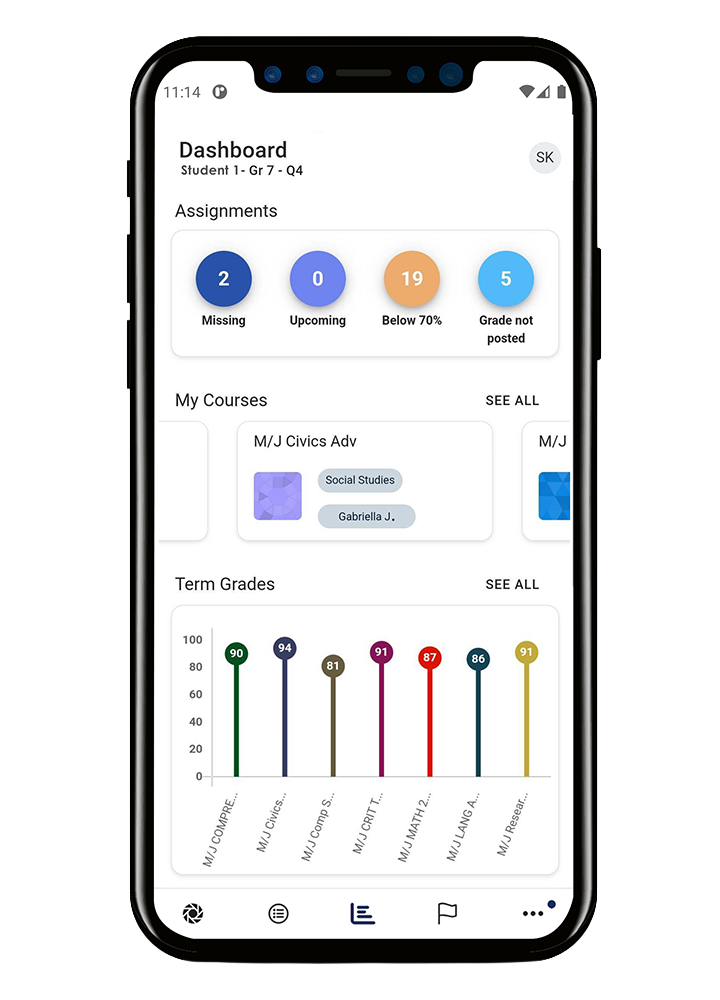RIVER CITY SCIENCE ACADEMY TUITION FREE CHARTER SCHOOL
Public, Tuition-Free STEM Charter Network
RCSA
is a public, tuition-free STEM charter network that delivers high-quality education in science, technology, engineering, and math.
6 schools with 5000 students
Six schools
serving a total of approximately 5,000 students.
100% Graduation Rate
Proudly
achieving a 100% graduation rate.
A+ Rated
RCSA Schools Rated A+
for Excellence.
Schools of Excellence
Recognized
as Schools of Excellence.
STEM Focus
Well-rounded education with special emphasis on (STEM) Science, Technology, Engineering and Mathematics.
Gifted Education
Serving Great Minds
RCSA Charter schools are tuition-free public schools of choice and serving great minds with several locations.
Education for the Future.
STAY UP TO DATE
Stay up to date on all of the exciting things happening at River City Science Academy!
Suspicious Activity Reporting App
The Fortify Florida app, an anonymous reporting tool, was designed to keep Florida students safe by allowing them to report anyone threatening violence.
Research indicates that an education focused on science, technology, math and reading increases potential for prosperity and leadership.
RCSA CONNECTAvilable in app storeReceive instant notificationsKeep track
Receive instant notifications of messages, events and grades via push notifications.
RCSA MANDARIN
ENROLLMENT
We are extremely excited for considering RCSAM for your child's continued educational journey.
We welcome and are open to any students residing in Duval County,
or surrounding counties in Florida whose parents or guardians submit a timely application that can only be submitted online through our website.
























